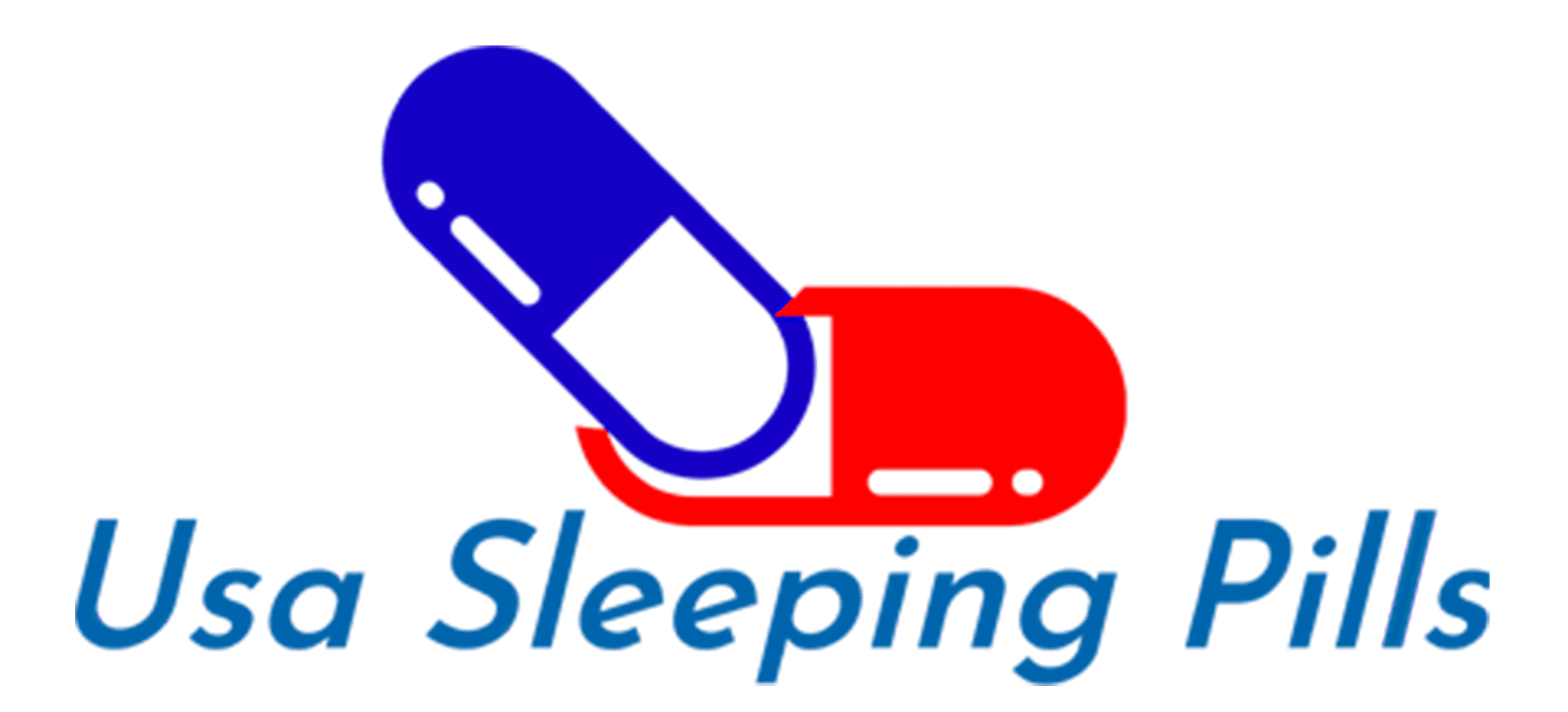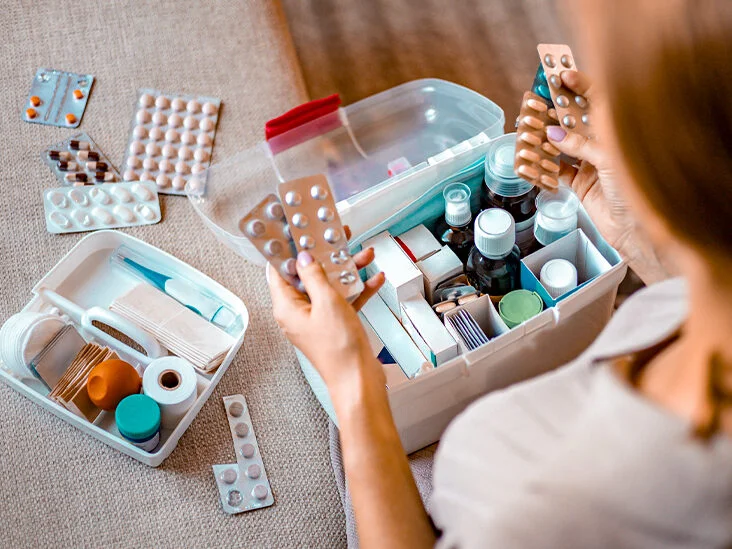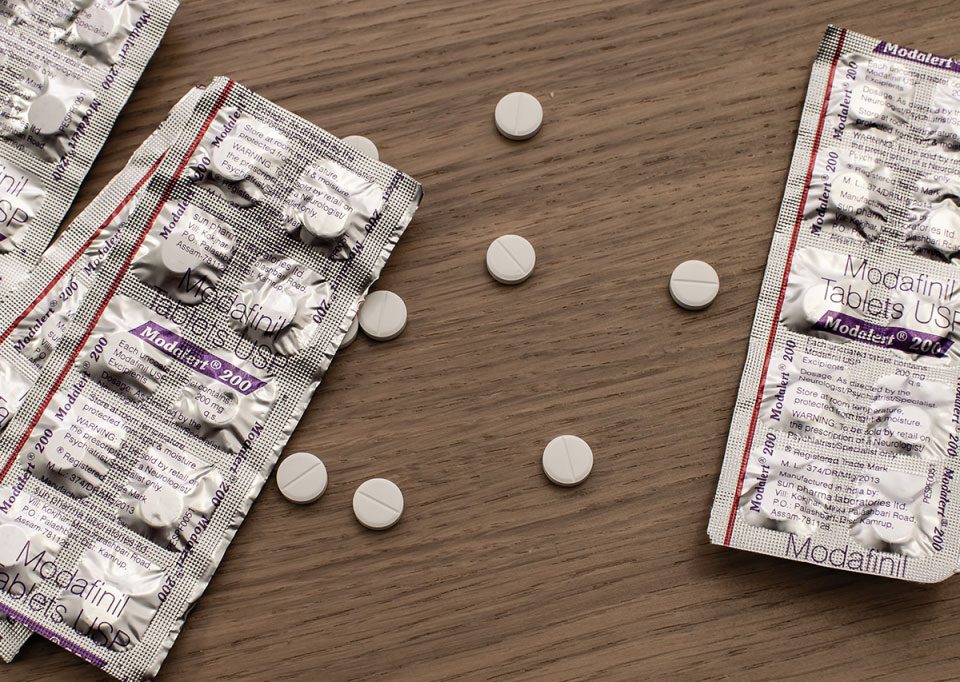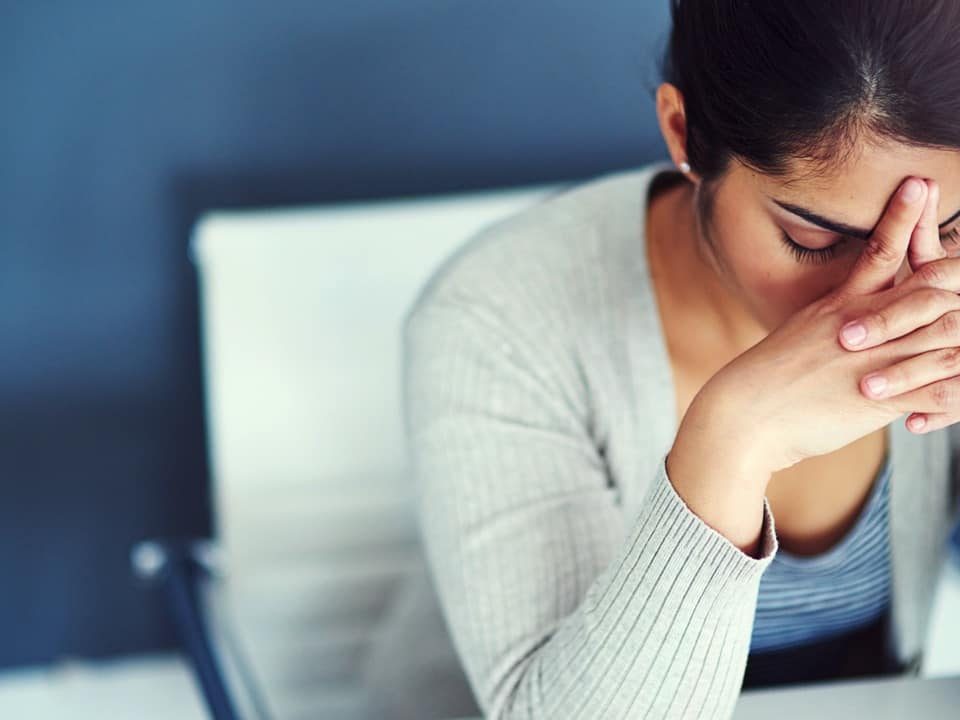In rare cases, these medications can cause the following side effects:
- allergic reactions
- facial swelling
- unusual behaviors, such as driving, cooking, or eating while asleep
Talk to your doctor immediately about any side effects you experience.
Over-the-counter sleep aids
Many people prefer to use nonprescription sleep aid medications, such as antihistamines, to cause drowsiness.
Antihistamines can also reduce the quality of sleep and cause side effects, such as:
- daytime drowsiness
- dry mouth
- blurred vision
Although it’s not a medication, people also commonly use melatonin as a sleep aid. Melatonin is a dietary supplement available at most pharmacies.
Often, making lifestyle changes can cure insomnia. You might want to try some of these suggestions:
- Go to bed when you feel tired.
- Use your bedroom only for sleep and sex. Activities that stimulate the brain, such as watching TV, reading, or eating, should take place outside the bedroom.
- Try to go to bed and wake up at the same time every day.
- Reduce the stresses in your life that are disrupting your sleep.
You may also want to incorporate other lifestyle changes, such as the following.
Don’t smoke
If you smoke, try to quit. Nicotine is a stimulant that triggers insomnia. Also, smoking can lead to:
- high blood pressure
- heart attacks
- strokes
- cancer
If you’re having difficulty quitting, ask your healthcare provider about smoking cessation programs or products to help you quit.
Watch what you drink
Avoid drinking excessive amounts of alcohol. Alcohol is a sedative that may induce sleep initially, but it can disrupt deeper stages of sleep that allow your body to rest fully. Long-term heavy drinking can also trigger high blood pressure, heart failure, and stroke.
Caffeinated drinks such as coffee and soft drinks are other stimulants to avoid. A study published in the Journal of Clinical Sleep Medicine found that 400 milligrams (mg) of caffeine taken 6 hours before bedtime can significantly disrupt your sleep.
For reference, an 8-ounce cup of brewed coffee has 96 mg of caffeine. The researchers recommend avoiding caffeine a minimum of 6 hours before your normal bedtime.
Drinking too much of any fluid before bedtime can disrupt sleep with repeated nighttime trips to the bathroom.
Exercise
Exercising 20 to 30 minutes every day can encourage a good night’s sleep. Even if you don’t see immediate results, keep doing it.
Researchers in a 2013 study tracked 11 women with insomnia and found that exercising 1 day didn’t necessarily mean that their participants would sleep better that night. However, regular exercise over 4 months did improve how much they slept and their overall quality of sleep.
Regular exercise can also help prevent health conditions such as cardiovascular disease, obesity, and diabetes.
Maintain a healthy diet
Avoid foods that are high in saturated fat, which may cause heartburn and indigestion. These foods can be hard to digest, particularly when you eat them late at night. This can make it difficult to sleep.
These treatments can teach you how to make your environment more conducive to sleep. Behavior therapies are often conducted by a psychologist, psychiatrist, or another trained healthcare provider.
They’ve been shown to be as effective or more effective than sleep medications. Such therapies are often the first line of treatment for people with insomnia. These therapies may include the following:
Relaxation techniques
Progressive muscle relaxation, biofeedback, and breathing exercises are ways to reduce anxiety at bedtime. These strategies help you control your:
- breathing
- heart rate
- muscle tension
- mood
A warm bath before bedtime, a massage, and light stretching all work to relax the body and should help you wind down at night.
Cognitive behavioral therapy
In group sessions or one-on-one counseling, mental health therapists can help you learn to change negative patterns of thinking. This can help you learn to replace worried or fearful thinking with more pleasant, relaxing thoughts. This type of mindset is more helpful for finding healthy sleep habits.
Sleep restriction
Sleep restriction requires that the time you spend in bed is temporarily restricted, causing partial sleep deprivation. You’re then more tired the next night. Once your sleep has improved, your time in bed gradually increases.
Light therapy
Some sleep experts recommend light exposure for people who tend to fall asleep too early at night or wake up too early in the morning. This helps to adjust your internal clock.
During times of the year when it’s light outside later in the evenings, going outside for 30 minutes or using a medical-grade light box can help adjust your sleep patterns.
Try the varied treatments available for insomnia to help restore your normal sleep. Talk to your doctor and discuss which of the lifestyle changes, behavioral therapies, or medication options are right for you.





